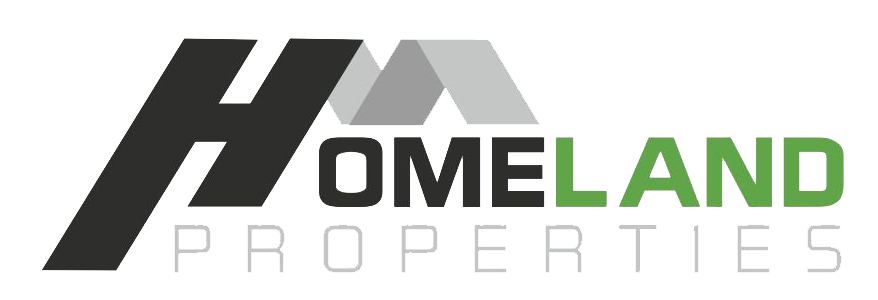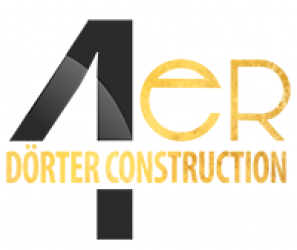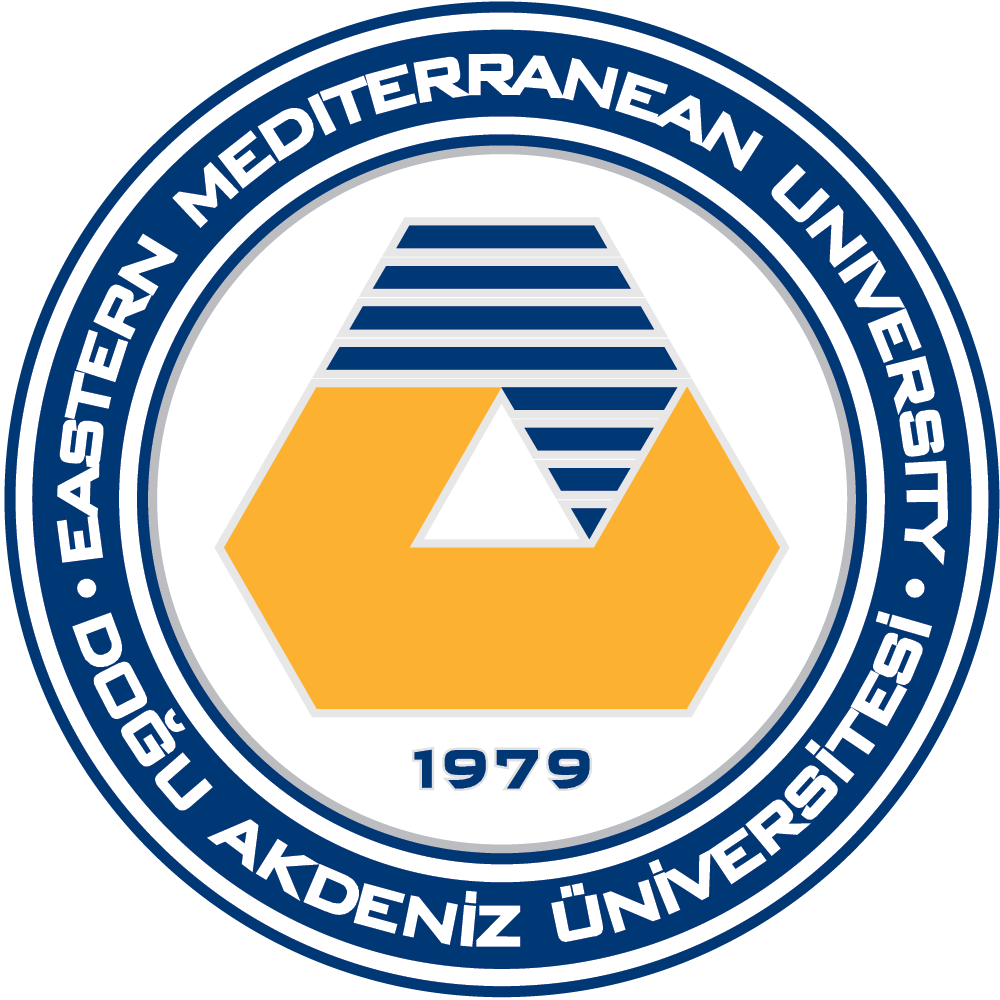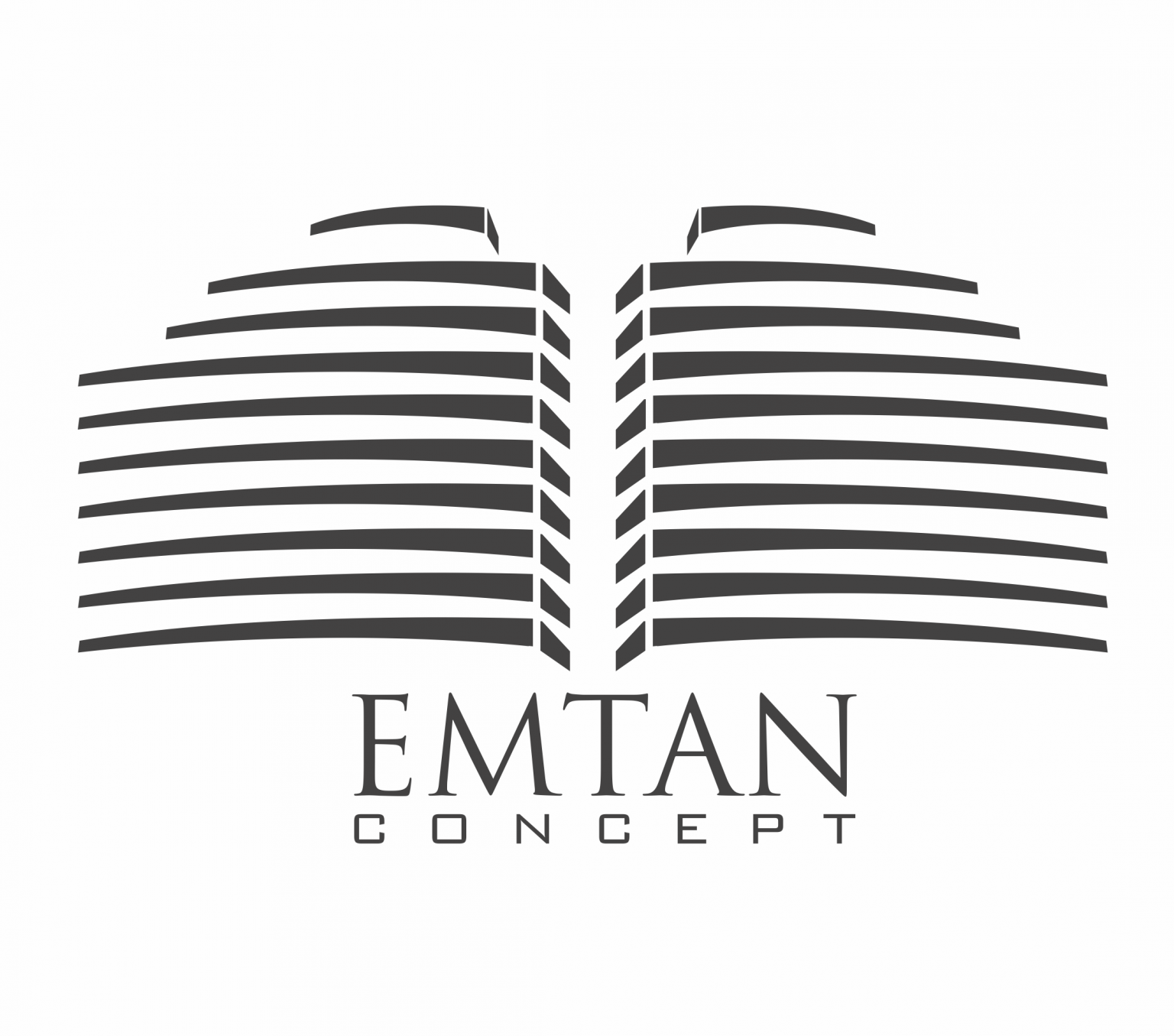A Classical
Education for the Future.
From the ages of 5 to 17, education in North Cyprus is compulsory and provided free of charge by the Cyprus government. Many foreigners in Cyprus choose to send their children to one of the numerous private schools in North Cyprus, which serve to students of all ages, from nursery to pre-school and up to university.
Educational systems in North Cyprus

Government based schools
The Turkish language is used mostly in government schools and institutions; English is taught as a second language, and German and French are also options. Following an admission examination at the age of eleven, selected children attend one of four “Marif Kolegi” secondary schools, where English is the primary language of instruction. Expatriate children who have lived on the island for less than two years are allowed to arrive without being examined. The private sector, on the other hand, uses English or Turkish as a medium of education. One of the modern foreign languages is a third possibility. Government schools and colleges educate children from 5 to 17 years old according to a curriculum set by the Ministry of Education.

Private fee-paying schools
Private schools and universities levy fees, which typically range from $1,500 to 2,500 each academic year, depending on the student’s age and the institution. Even though they are classified as “private” institutions, they are regulated and certified by the Ministry of Education and must adhere to the same principles as public schools in terms of fundamental curriculum, assessment, disciplinary concerns, and teacher and teaching standards. As private schools have longer hours and terms, they can expand the curriculum, and some use the UK Key Stages, IGCSE, and a small number of AS levels, as well as the Cambridge Young Learners Scheme, SATs, and TEFOL. Information Technology is an integral aspect of the curriculum.
General information about Schools in North Cyprus
The educational system in North Cyprus is separated into two sections:
– Schools and colleges run by the government
– Fee-paying private schools and colleges
Schools and colleges run by the government
The Turkish language is used mostly in government schools and institutions; English is taught as a second language, and German and French are also options. Following an admission examination at the age of eleven, selected children attend one of four “Marif Kolegi” secondary schools, where English is the primary language of instruction. Expatriate children who have lived on the island for less than two years are allowed to arrive without being examined. The private sector, on the other hand, uses English or Turkish as a medium of education. One of the modern foreign languages is a third possibility.
Government schools and colleges educate children from 5 to 17 years old according to a curriculum set by the Ministry of Education. Turkish and Cypriot history is an important part of education. Progressing through stages such as kindergarten, primary, middle, and senior high school is considered a significant achievement that is commemorated with government certificates, speeches, and ceremonies.
Private schools and college
Private schools and universities levy fees, which typically range from $1,500 to 2,500 each academic year, depending on the student’s age and the institution. Even though they are classified as “private” institutions, they are regulated and certified by the Ministry of Education and must adhere to the same principles as public schools in terms of fundamental curriculum, assessment, disciplinary concerns, and teacher and teaching standards.
Because private schools have longer hours and terms, they can expand the curriculum, and some use the UK Key Stages, IGCSE, and a small number of AS levels, as well as the Cambridge Young Learners Scheme, SATs, and TEFOL. Information Technology is an integral aspect of the curriculum. Turkish is also required of all students. Extracurricular activities are a trademark of the private school system, with an emphasis on children’s innate talents, which are encouraged to grow in confidence via dance, music, sport, and other forms of performance.
Every student in North Cyprus wears a school uniform. On three days a week, the day in Government schools and colleges starts at around 8.30 a.m. and ends at noon, while on other days at around 3.30 p.m. to 4.00 p.m. The school day in private schools usually ends around 3.30 p.m. to 4.30 p.m. Summer vacation for schools and colleges often begins in the middle of June and lasts until early September. Summer schools are frequently offered by private universities, which offer a diverse range of activities and excursions.
The composition of students in Cyprus school classrooms is a combination of Cypriot and non-Cypriot students and the education system of the schools of Northern Cyprus is divided into three general parts, which include:
1. Preschool education
2. Primary school education
3. First and second year high school education
Preschool education
Preschool in Cyprus is offered by kindergartens for ages 4 to 6. Cyprus Kindergartens and Preschools are available in both private and public kindergartens, and families can enroll in private or public kindergartens, depending on their interests. It should be noted that pre-school attendance is not compulsory in Cyprus, and pre-school education is public in Ragan public schools and private schools have to be paid by parents, which varies according to the facilities provided by the school.
Primary school education
Primary school in Cyprus includes a six-year primary school. The six-year primary school is held in Cyprus for ages 7 to 12 and is taught in public and private schools in Turkish, with the exception that private schools are taught by two teachers, one principal in Turkish. Teaches and an assistant teacher who teaches English to help students who are not fluent in Turkish.
First and second year high school education
High school in Cyprus consists of two parts, the first and second year of high school, each lasting three years. And is designed for 12 to 18 year olds. Cyprus High Schools are divided into public high schools and private or non-profit high schools. Teaching at this level in public schools is in Turkish and in private schools is in English.
Comparison of different types of school:
The advantage of studying in Cyprus private high schools compared to Cyprus public high schools is that studying in non-profit Cyprus high schools makes it very easy to accept and attract graduates to the labor market as well as to get admission to top courses at Cyprus universities or Internationally. Although non-profit high schools in Cyprus are managed completely independently, their education system is in line with the education system set by the Cyprus Ministry of Education.
In Cyprus, students choose a major in the second three years of high school by offering oral counseling to study more professionally in their field of interest. In Cyprus, high school courses generally consist of five groups that students must choose from. Of course, it should be noted that the Cypriot education system is designed in such a way that students can be in different work environments before choosing a field so that they can touch their favorite field closely and have a better choice.
Courses in Cyprus High Schools (Second year high school students):
– Classical studies
– Mathematics, physics and chemistry courses
– Mathematics and economics courses
– Staff training and accounting skills
– Foreign language courses and social studies
Study conditions in Cyprus high schools
In general, it can be said that there are almost no entrance exams to study in Cyprus high schools and also all primary school students are promoted to the next grade. Elementary students receive a graduation certificate at the end of the sixth year after continuous assessment. All elementary school graduates go to high school without any exams. At the end of grades 9 and 12, all students take the final joint exams prepared by the Ministry of Education. High school students in Cyprus are usually between the ages of 12 and 18. As you know, the cost of studying in Cyprus schools depends on many factors, but in general, the cost of studying in private schools is between 26,000 lira and 30,000 lira in public schools, completely free for one year. One of the advantages of private schools over public schools is that high school students in private schools can receive two diplomas, one in Turkish and one in English. If the international exams score C or higher, they can find that the diploma has a great impact on the admission of these students to European and Canadian universities, so that the student will no longer need to go to college there.
International Diploma
Every year, Cyprus colleges participate in the IGC and A level international exams with the largest number of students. The exams are designed and corrected from Cambridge, England. These exams have five stages. There are three exams in the tenth grade and their total is considered depending on the total grades obtained in the whole world and is held in the fields of mathematics, physics, experiments, art, humanities, among which the student can depend on his favorite field. They are selected and A level exams are held in the 11th and 12th grade. After receiving the results of these tests, the student can apply for admission to European and Canadian universities.
Some Private Schools
of North Cyprus
GAU’s International Middle School is separated into two sections: junior to fifth grade and senior sixth to eighth grade. The European Federation of Schools (FEDE), an international non-governmental organization with “participatory status” with the Council of Europe, is a member of the college. Students can get certificates from FEDE to help them advance their education. GAU Since 2008, the American College has been an Edexcel center. All entries for the International GCSE and A Level examinations are currently being processed.
The College is located in the heart of Kyrenia, and it also assists the British Council with their tests.
The American College
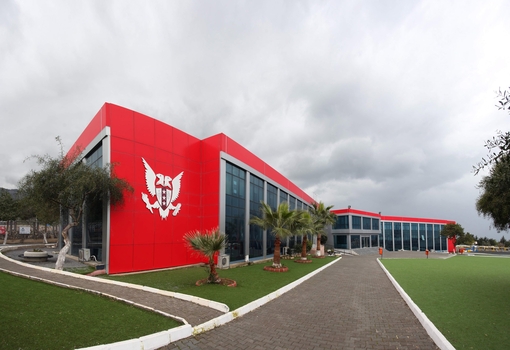
With its two campuses in the TRNC, Schools continues to change the education sector. While Doga College contributes to world-class education, development, and development, it also raises the individuals that the world of the future will require today, using the principle of “new generation education.”
The Eastern Mediterranean Campus, which began its educational operations in 2011-2012, combined education and technology to become Yavru Vatan Cyprus’ most advanced school.
EASTERN MEDITERRANEAN DOĞA COLLEGE

Necat British College (NBC) is a private, family-friendly educational institution for children aged 2 to 18.
NBC provides Montessori instruction in the early years, and from primary school onwards, the English National Curriculum is followed, leading to IGCSE, AS, and A Levels. Daily Turkish language classes are held throughout the school.
Cambridge International Examinations (CIE) and Edexcel Examination Boards recognize NBC as an exam center.
The Necat British College
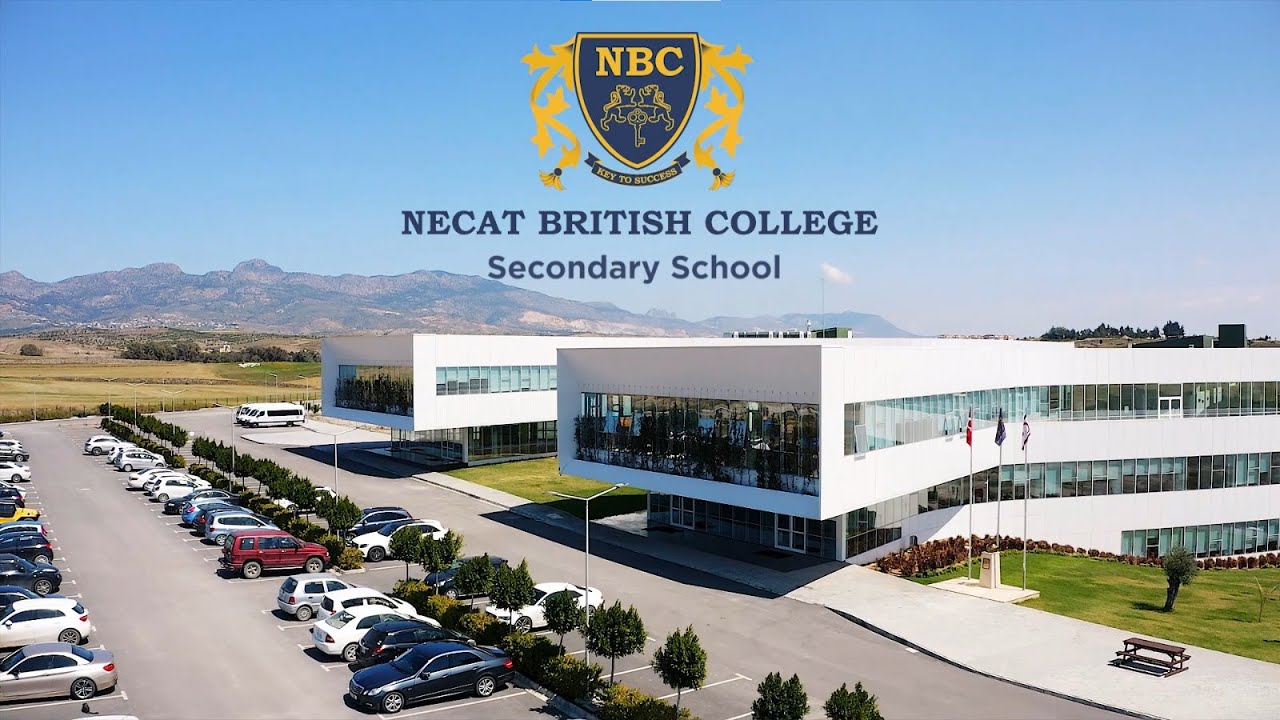
Near East College provides a student-centered educational approach that allows students to find their abilities while concentrating on their academic and social requirements. Students learn the skills and talents required in this modern era with the help of our dynamic teaching staff.
In light of this objective, we created our educational curriculum with the help of a committee comprised of eminent educators. Different educational programs utilized around the world were examined, and our country’s demands were taken into account.
The Near East College
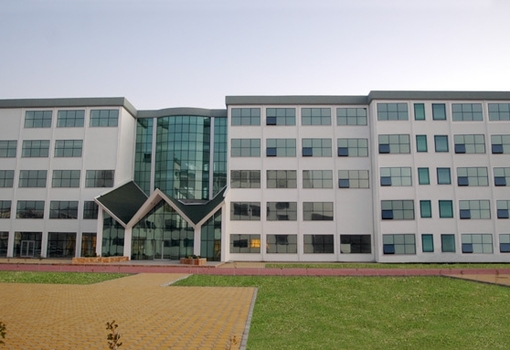
This is a modern school and campus for boys and girls between the ages of three and eighteen. It is a multi-national school with pupils from all over the world. All classes are taught in English, with the exception of Turkish and other languages.
The English School of Kyrenia offers a curriculum that combines the concept, goals, objectives, and content of an international English medium system with the Turkish education system in Cyprus. The Early Years Foundation Stage Framework, the Cambridge International Primary Programme (CIPP), the Edexcel & Cambridge International General Certificate Secondary Education (IGCSE), and the International Baccalaureate Diploma Programme are all part of the International English medium aspect (IB).
The English School of Kyrenia

“Live as if you were to die tomorrow. Learn as if you were to live forever.”
― Mahatma Gandhi
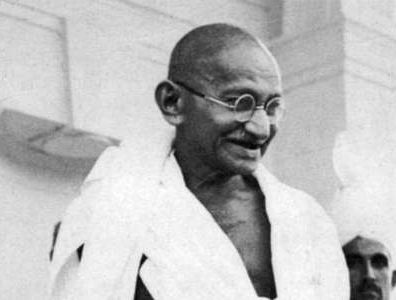
Some of the companies we are worked with

